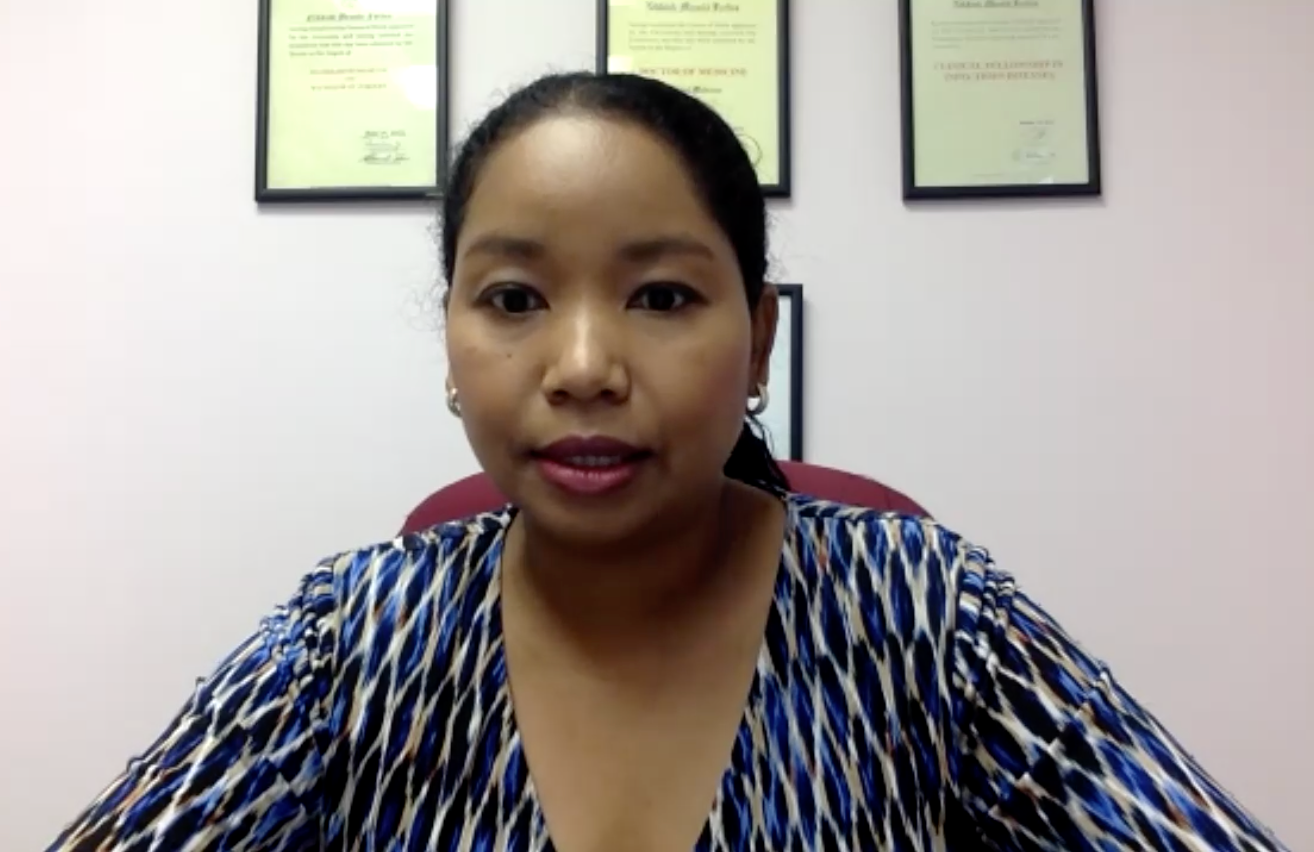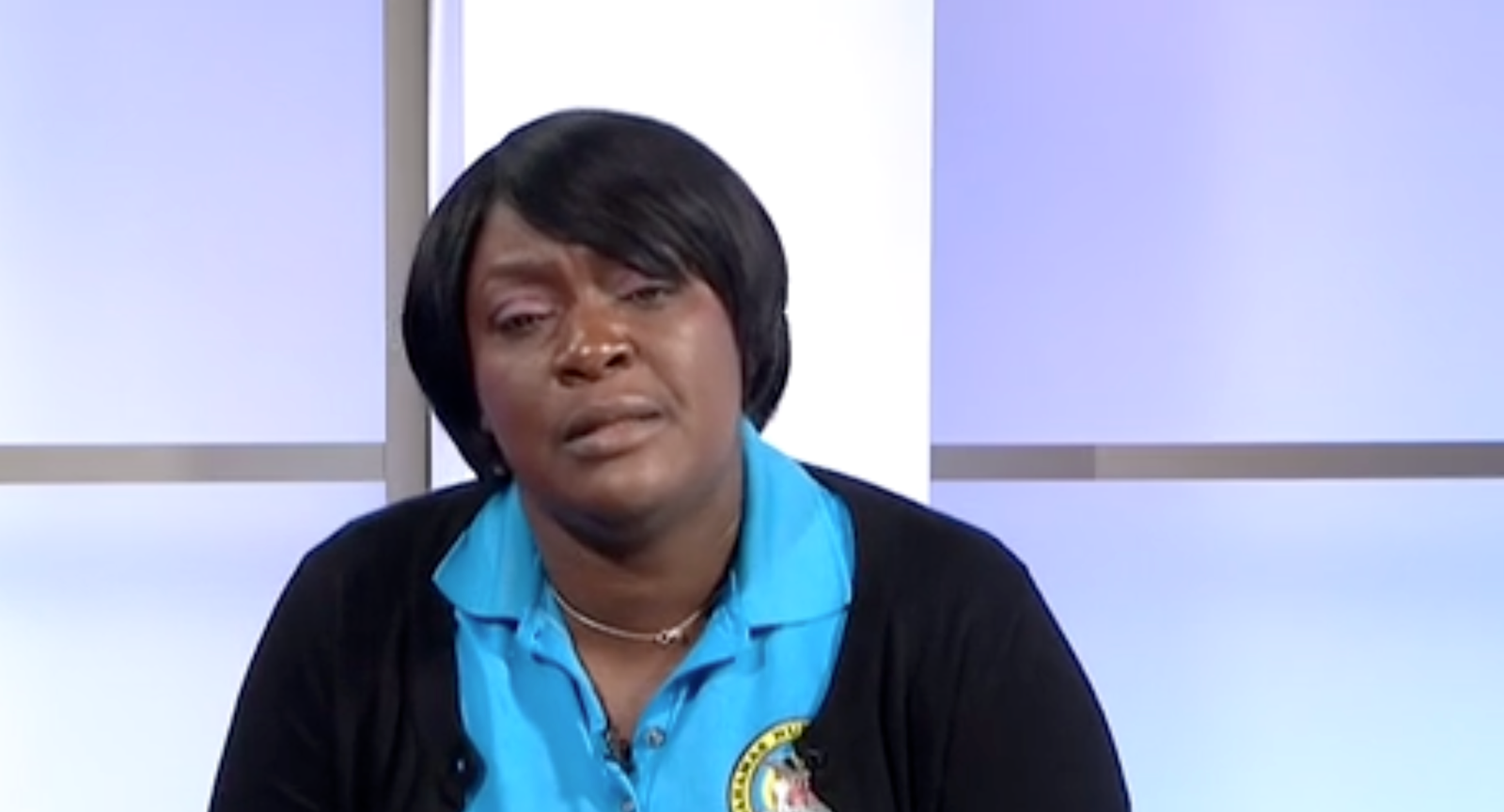NASSAU, BAHAMAS — While up to this summer, men and women were being infected with COVID in The Bahamas at around the same rate, that has since changed, with women being more prone to infection and severe long-term impacts of the virus, according to local data and international reports.
Director of the National HIV/AIDS and Infectious Disease Programme Dr Nikkiah Forbes said: “As we are looking at the outbreak and the epidemiology, originally it was almost 50-50 with men and women, but women are emerging at a slightly higher percentage in terms of acute COVID, and for the studies I have read and heard about in terms of long COVID, women seem to be affected more than men.
“But remember, a lot more research and data need to drive this, and so, we’ll continue to watch, but that’s what’s being said preliminarily so far.”

When asked if there was any indication of why women are being impacted disproportionately to men of late, Forbes said: “No. I don’t know why because we’re still very early in trying to determine what are some of the factors that can contribute to this.”
As the first reports of long COVID began to filter through the medical community, research found that severe cases of COVID-19, particularly those hospitalized, tended to be men over the age of 50.
In contrast, however, those affected by long COVID appeared to be those who were relatively young and overwhelmingly women.
Bahamas Nurses Union (BNU) President Amancha Williams said a number of nurses, some of whom have contracted COVID twice, have experienced long COVID symptoms, including chronic fatigue, asthma when they did not previously have it and heart complications.
She was unable to speak to the trend of women being disproportionately impacted, noting that the majority of nurses tend to be women.

The union president, however, said there is additional need for funding to support aftercare for long COVID patients, noting, for example, that nurses’ insurance does not cover this care months after recovering from the virus.
A look at early reports of long COVID at a Paris hospital, for example, between May and July 2020 suggested that the average age of COVID patients was around 40 and women afflicted with long-term effects of the virus outnumbered men by four to one.
The gender skew has become more prevalent around the world this year.
Data on long COVID patients from Russia to the United Kingdom and the United States showed young to middle-aged women being disproportionately vulnerable.
The Ministry of Health reported another seven infections on Monday, including five men and two women.
There have been 22,846 cases of COVID-19 in The Bahamas.
Of these, 314 were active, 21,644 have recovered and 705 have died.
Another 147 deaths were classified as non-COVID-related and 36 deaths were under investigation.






